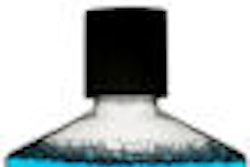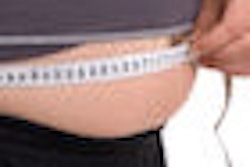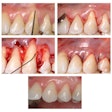Using a germ-killing mouth rinse in addition to regular toothbrushing can significantly reduce plaque and gingivitis compared with brushing alone, according to new research published in the January/February 2013 issue of General Dentistry.
Mouth rinses can reach nearly 100% of the mouth's surfaces, while brushing focuses on the teeth, which make up only 25% of the mouth, explained Christine A. Charles, RDH, lead author of the study and director of Scientific and Professional Affairs, Global Consumer Healthcare Research and Development, Johnson & Johnson Consumer and Personal Products Worldwide. After regular brushing and flossing, bacteria are often left behind.
The General Dentistry study found that using a germ-killing mouth rinse twice a day, in addition to regular brushing, can significantly reduce the occurrence of plaque, as well as gingivitis. The six-month study included 139 adults with mild to moderate plaque and gingivitis who were separated into two groups. Members of the first group brushed their teeth and rinsed with a germ-killing mouth rinse twice daily; members of the second group brushed their teeth and rinsed with a placebo mouth rinse twice daily.
The results showed that the group using a germ-killing mouth rinse reduced its occurrence of plaque by up to 26%, noted AGD spokesperson Janice Pliszczak, DDS, MS, MBA, MAGD. The same group showed a 20% reduction in gingivitis.
Additionally, following the six-month study, nearly 100% of participants using the germ-killing mouth rinse showed a reduction in gingivitis, while only 30% of the placebo group experienced similar results.



















